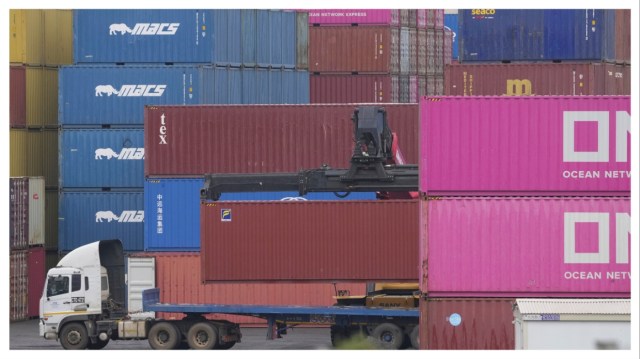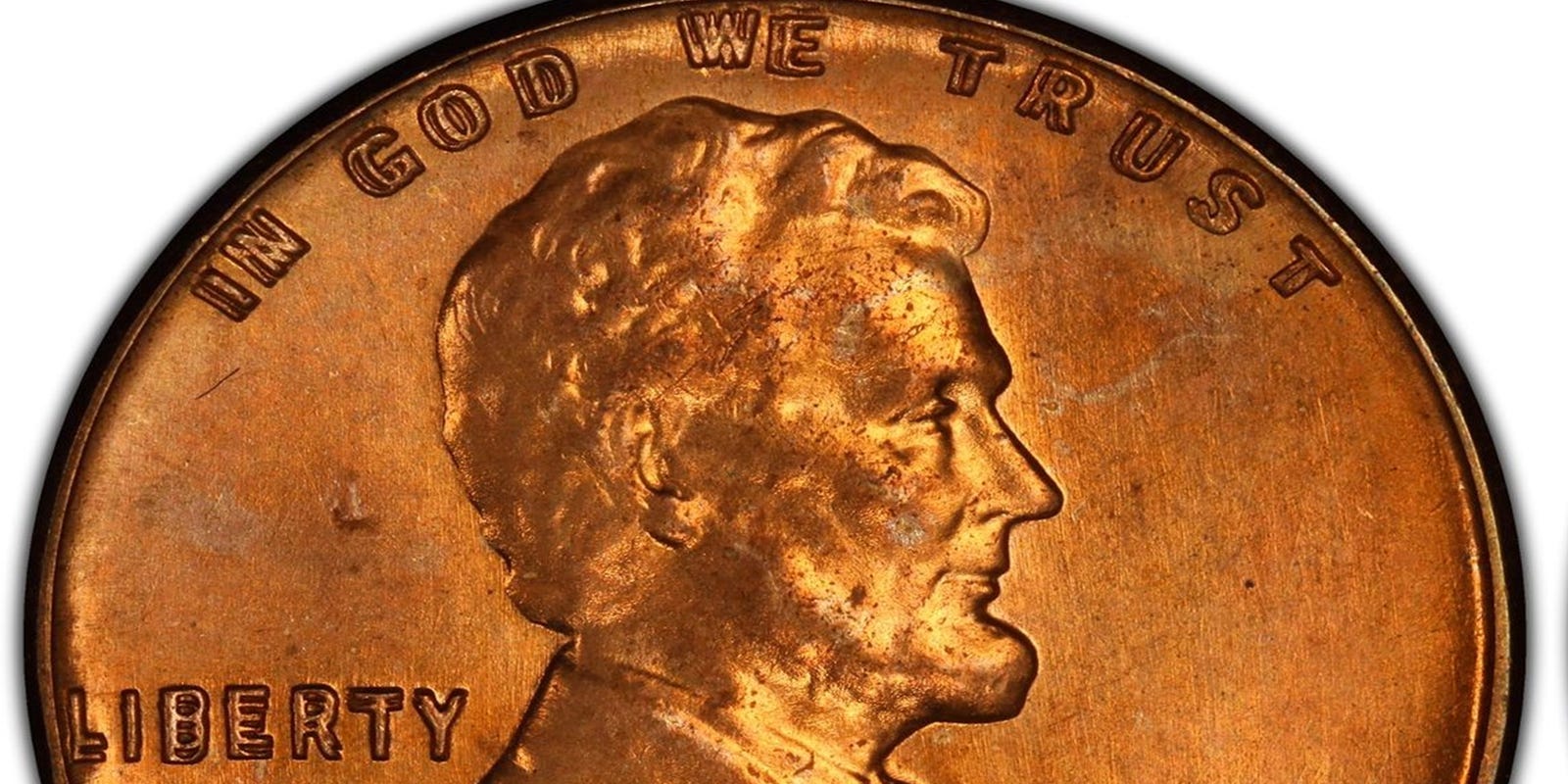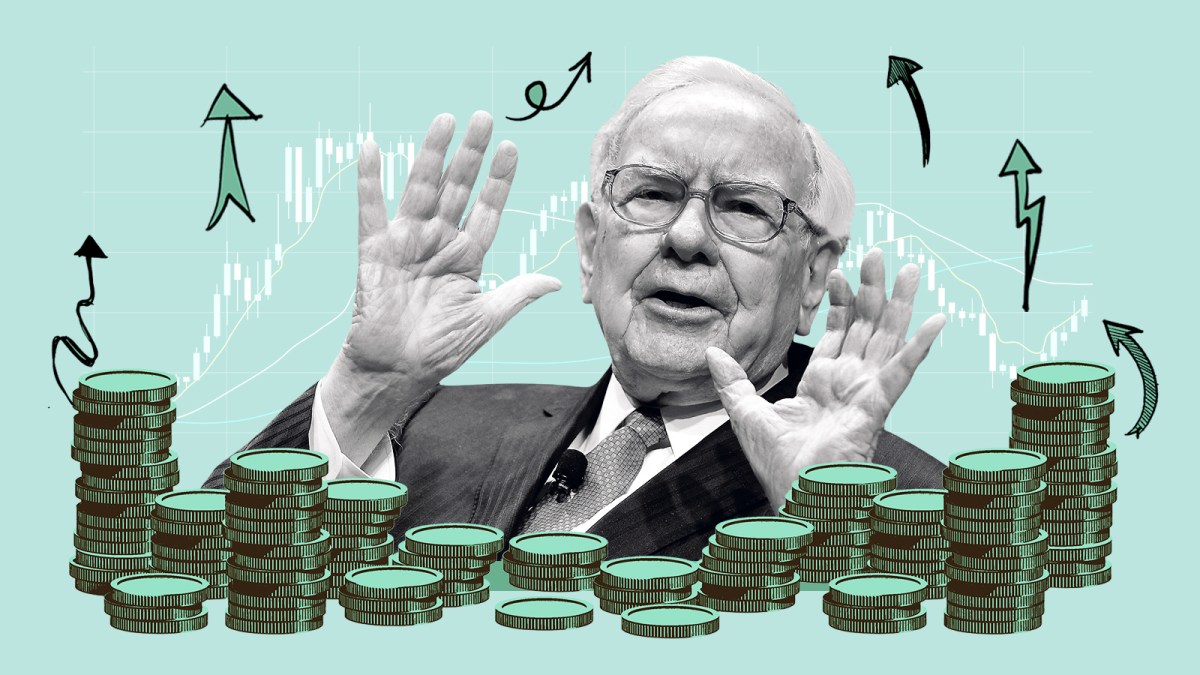
BEVERLY HILLS, Calif. — African investors are closely watching the potential return of former President Donald Trump to the White House, weighing both the challenges and potential opportunities it may present. While Trump’s previous term was marked by abrupt foreign aid cuts and unpredictable tariffs that disrupted several emerging markets, including many across Africa, some investors see a silver lining if he regains leadership in the upcoming U.S. elections.
The rationale behind this optimism stems largely from the belief that Trump’s emphasis on deregulation, bilateral trade deals, and a transactional approach to global diplomacy could open new avenues for agile and entrepreneurial African businesses. Unlike multilateral strategies often slowed by bureaucracy, Trump’s preference for swift, direct agreements may allow nimble African enterprises to secure advantageous deals.
“Trump’s policies introduced a new set of variables, yes, but they also forced us to rethink how we engage with global allies,” commented one investor during a business summit in Beverly Hills. “In some ways, the unpredictability created room for innovation and adaptation.”
However, this outlook is not universally shared. Critics argue that Trump’s “America First” philosophy could lead to more protectionist barriers, further complicating access to U.S. markets. Cuts to foreign aid and U.S.-Africa development programs during his first term also created financial strain for public health initiatives and infrastructure projects across the continent.
Despite these concerns, the investor community appears divided but poised. Many suggest that if Trump is re-elected, African stakeholders will be more prepared this time to navigate policy shifts and respond strategically to changing economic conditions.
As the U.S. political landscape continues to evolve, African businesses and policymakers remain vigilant — balancing caution with calculated optimism in anticipation of how a second Trump presidency might redefine their economic engagement with the United States.
Source: https:// – Courtesy of the original publisher.








